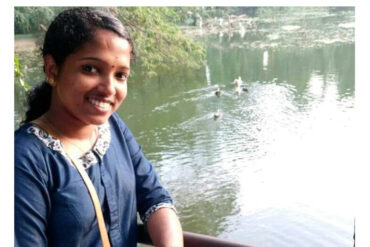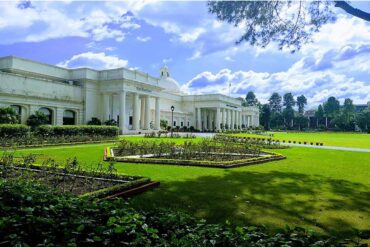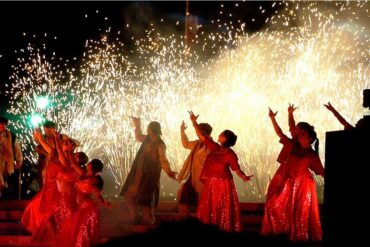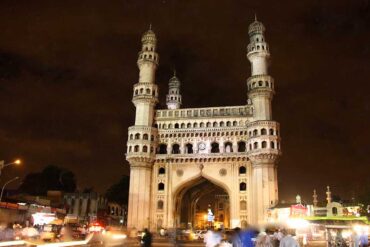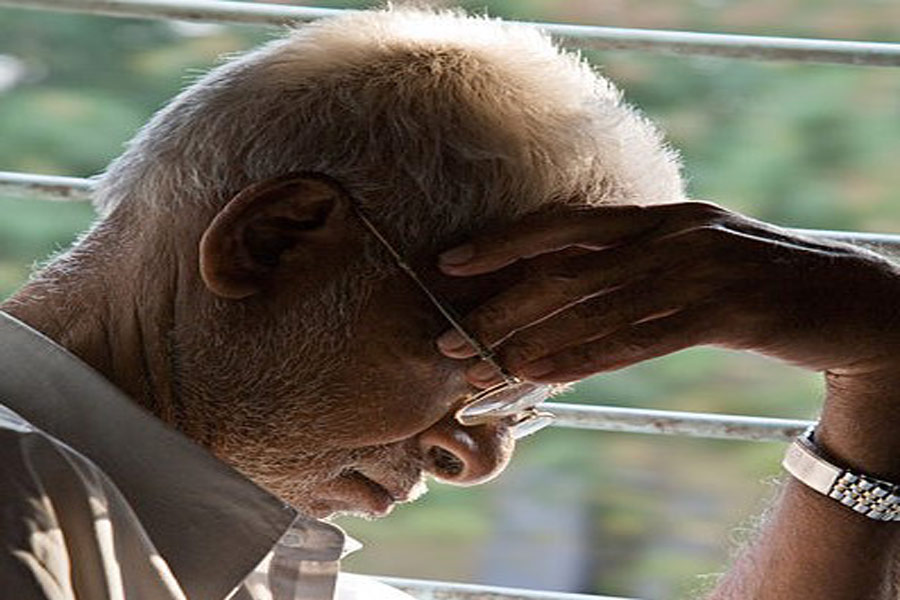The number of elderly persons in the country is fast increasing. Earlier this week, the International Day of Older persons was marked on the calendar—a day meant to pause for a moment and think about the plight of the elderly. Sadly, they are a much neglected lot and most of them are ill-treated by their own children. They are sometimes left in old age homes where they often feel miserable and lonely with their children and other near and dear ones hardly bothering to look them up.
According to a 2016 report by the ministry for statistics and programme implementation, India has 103.9 million elderly, people above age 60, which comprise about 8.5 per cent of the population. These numbers are based on the 2011 census.
A 2014 report by the non-profit HelpAge India shows that India will be the youngest country in the world by 2020. But, by 2050, as many as 325 million people, or 20 per cent of the population, will be ‘elderly’. The report adds that, while the overall population of India will grow by about 40 per cent between 2006 and 2050, the elderly population will grow by a whopping 270 per cent.
With rapid urbanisation and more and more people leaving the villages and moving to towns and cities in search of jobs, the elderly members in families are getting further isolated. Some of the youth have no choice but to leave their ageing parents to go and earn a livelihood. With nuclear families having become a harsh reality, gone is the comfort of extended and joint families, with uncles, aunts and grandparents living under the same roof. The feeling of togetherness and being there for one another, has become a thing of the past.
The Rays stay alone in Delhi and seem rather contented despite their health problems. Ramani Ray, aged 72, said, “I think of myself as young. I mix with young people. They are happy. Looking at them I also feel happy.” She added that if there was pain, they did not mind. G D Ray, aged 73, said that he suffered from a knee problem and high blood pressure but kept his spirits up. Ramani Ray added, “Sometimes we feel alone. Our children stay abroad but we do not burden them with our problems.” The Rays are happy living together and that their children are leading their own separate lives.
After marriage, it is a foregone conclusion that sons will fly the nest to settle separately with their wives, to build homes of their own. Many children leave the country to take up lucrative careers abroad, leaving their aged parents behind, lonely, ill and miserable.
This sentiment was echoed by M R Sharma, aged 79, who said that in modern times, children turn their parents out of their home. He said, “In my close circle, I see that many people don’t care for their elderly parents. Some of the parents were forced to go to old age homes.”
A tragic aspect of the elderly being ill-treated is when their children forcibly get them to sign off their properties in their favour, leaving them helpless and totally at the mercy of their children. H R Sethi, 82 and his wife, Madhulika Sethi, 77, are ill and stay alone with two full-time attendants. Sethi, who retired from government, has a damaged backbone and finds it difficult to walk without help. He said sadly, “We feel a bit lonely because our children are away.”
Madhulika Sethi suffers from old-age problems and the administering of strong medicines has affected her speech. Their daughter, Alka Houssami asserted that there were hardly any facilities for the elderly in the country. There was no accessibility for wheelchair-ridden patients and the disabled in public toilets and public transport. She added that old age homes were very impersonal and inmates were not looked after as a personal priority.
The elderly are besieged by ill-health and need extra care and attention. Diseases like diabetes, hypertension, Alzheimer’s, dementia, osteoarthritis and depression are common among them. Old-age homes are often ill-equipped to attend to such ailing inmates.
The country does not have enough old age homes to meet the growing demand with the growing number of geriatrics. The old age homes in the country, both government and private, are few and far between and lack facilities. Yet, these homes happen to be the only resource that some of the helpless, ageing couples can fall back on. The subject of old age homes brings to my mind a recent incident that touched my heart.
Recently, one morning as I was rushing off for a meeting I suddenly spotted an elderly gentleman, walking stick in hand, struggling to negotiate a few steps in front of a neighbouring house. I crossed over to his side and asked him if I could help him. He gratefully clasped the hand I offered and said that I was a godsend. He said he had to go till the car waiting for him at the gate. I held his hand as he limped gingerly along with me. We exchanged a few polite sentences. As I reached him to the waiting car, I wished him a good day. He stoically replied, “I had come to meet my son and his family. I am now going back to an old age home in Delhi.”

